Academic
The academic genre primarily features scholarly works focused on research, analysis, and critical discourse in specialized fields, often intended for educational purposes.
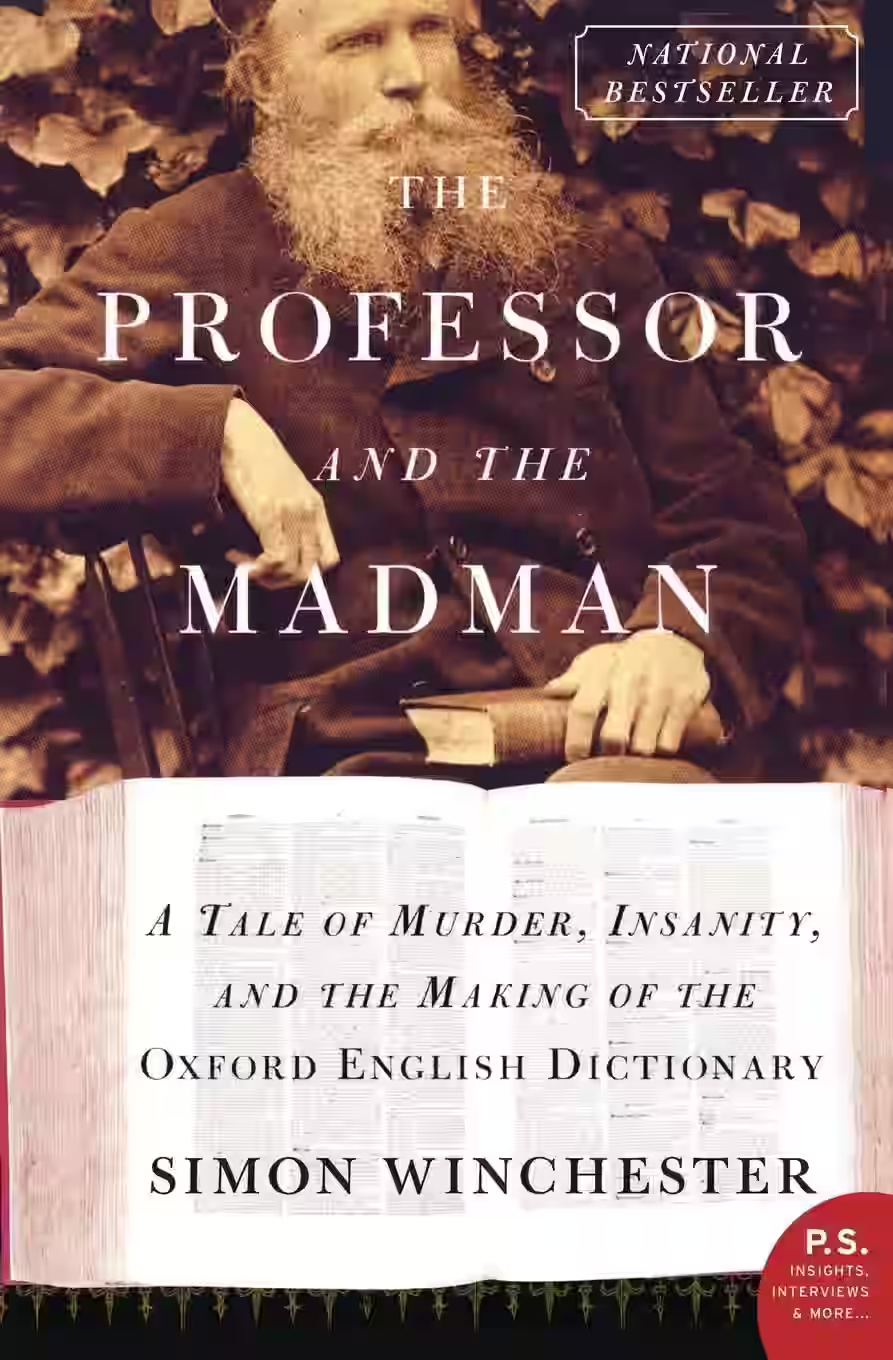
The Professor and the Madman
In 'The Professor and the Madman' by Simon Winchester, the author delves into the intriguing story behind the creation of the Oxford English Dictionary. The book follows the relationship between Professor James Murray and Dr. William Minor, a convicted murderer who contributed thousands of words to the dictionary while institutionalized. Winchester skillfully weaves together themes of language, madness, and humanity, offering a compelling narrative of two unlikely collaborators. Through meticulous research and vivid storytelling, he captures the essence of dedication, obsession, and the power of words. This non-fiction work engages readers with its historical richness and profound exploration of the complexities of human nature.
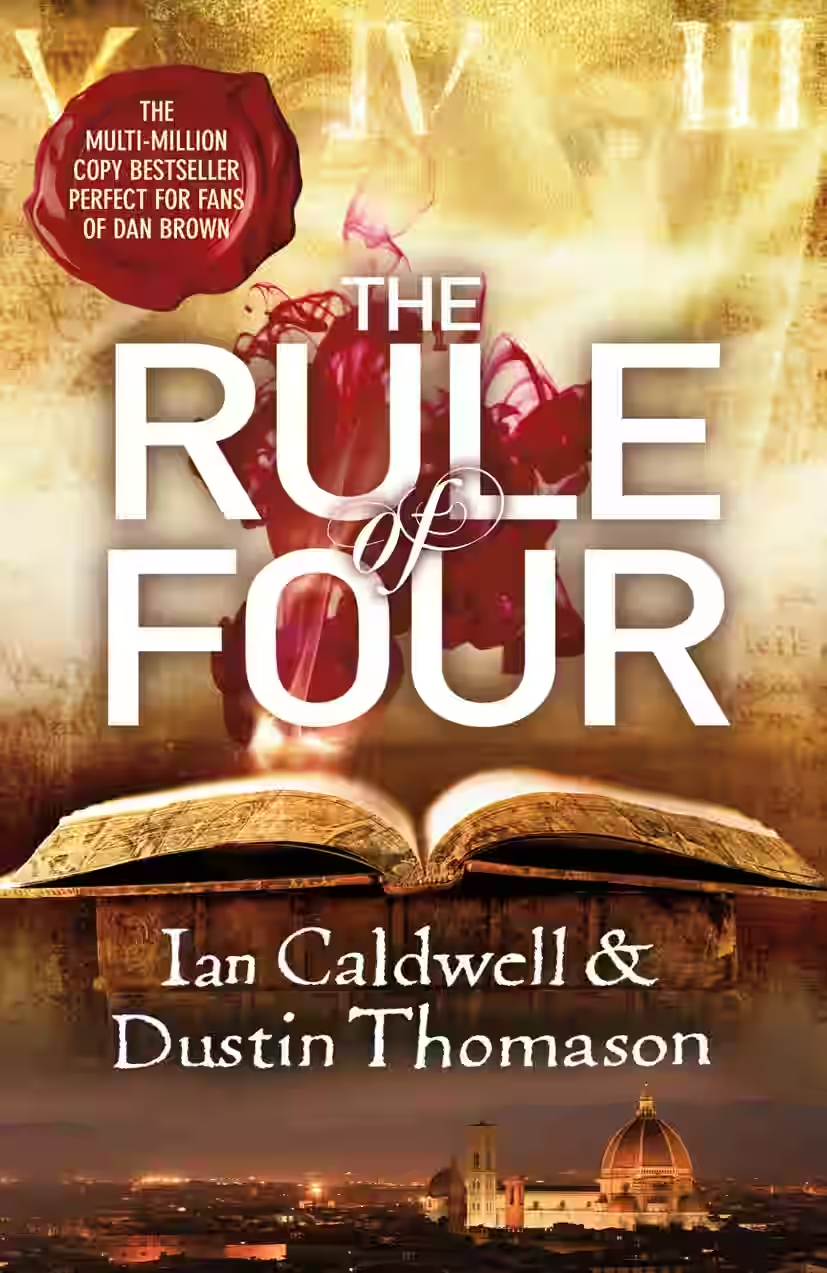
The Rule of Four
by Ian Caldwell, Dustin Thomason
The Rule of Four by Ian Caldwell is a clever blend of historical mystery and college-life drama, weaving an intricate narrative around a real Renaissance text, the Hypnerotomachia Poliphili. Set at Princeton University, the story follows two roommates, Tom and Paul, who are drawn into the enigmatic world of the ancient tome as they attempt to decipher its secrets. Their pursuit of academic and personal truths intersects with themes of ambition, friendship, and the limits of knowledge. Caldwell's book offers a rich exploration of intellectual curiosity and the tension between modern life and historical discovery, all set against the backdrop of an academic thriller. The novel is both engaging and thought-provoking, though some readers might find the detailed historical references challenging.
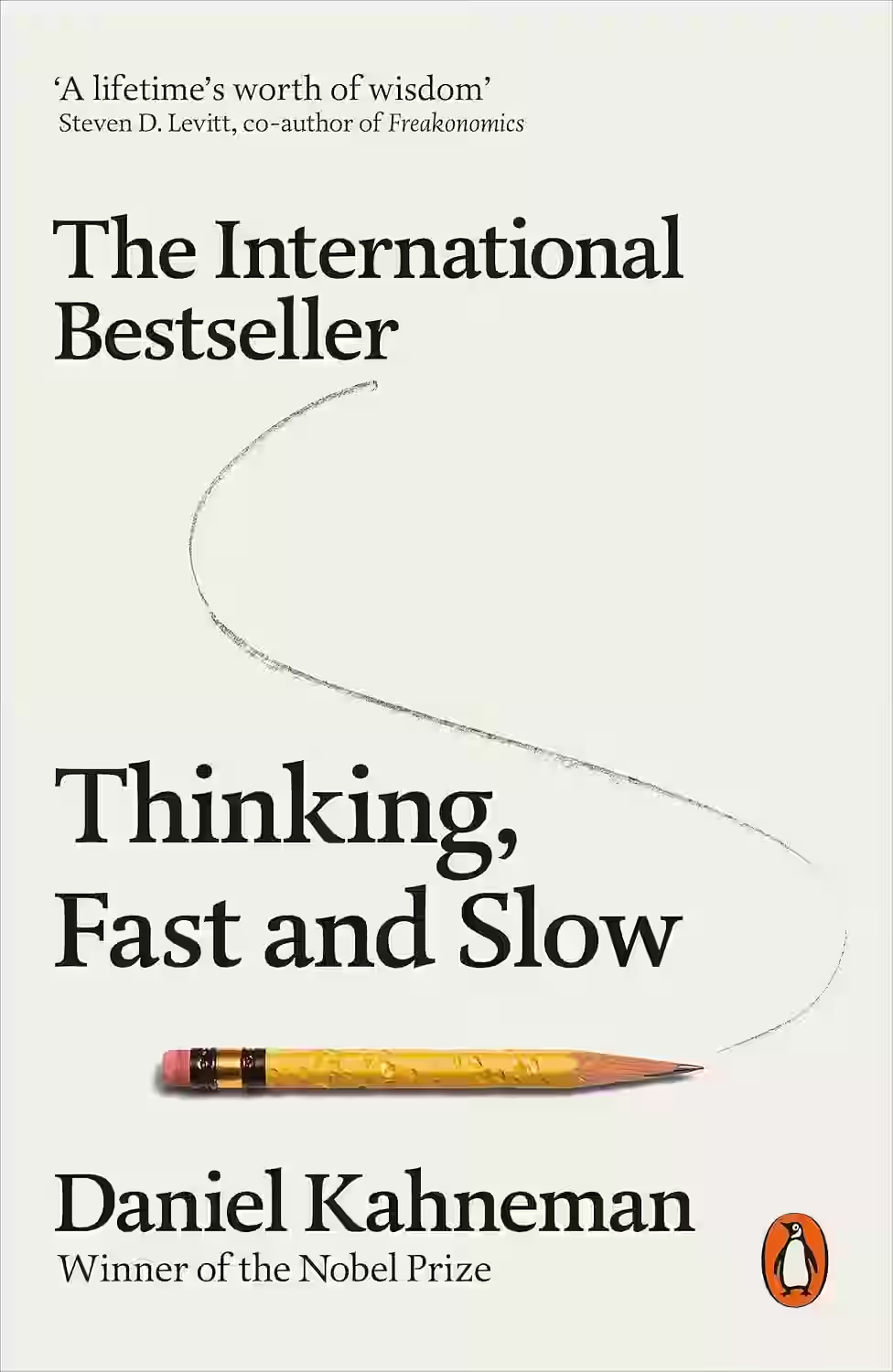
Thinking, Fast and Slow
In 'Thinking, Fast and Slow,' Daniel Kahneman, a renowned psychologist and Nobel laureate, delves into the fascinating world of our thought processes. He introduces readers to the two systems that drive the way we think: the fast, instinctive and emotional System 1, and the slow, deliberate and logical System 2. Through engaging anecdotes and thought-provoking experiments, Kahneman explores the biases and heuristics that influence our decisions, leading to both enlightening and unsettling revelations about human cognition. This groundbreaking book not only challenges our understanding of decision-making but also offers valuable insights into how we can navigate the complexities of our minds to make better choices.
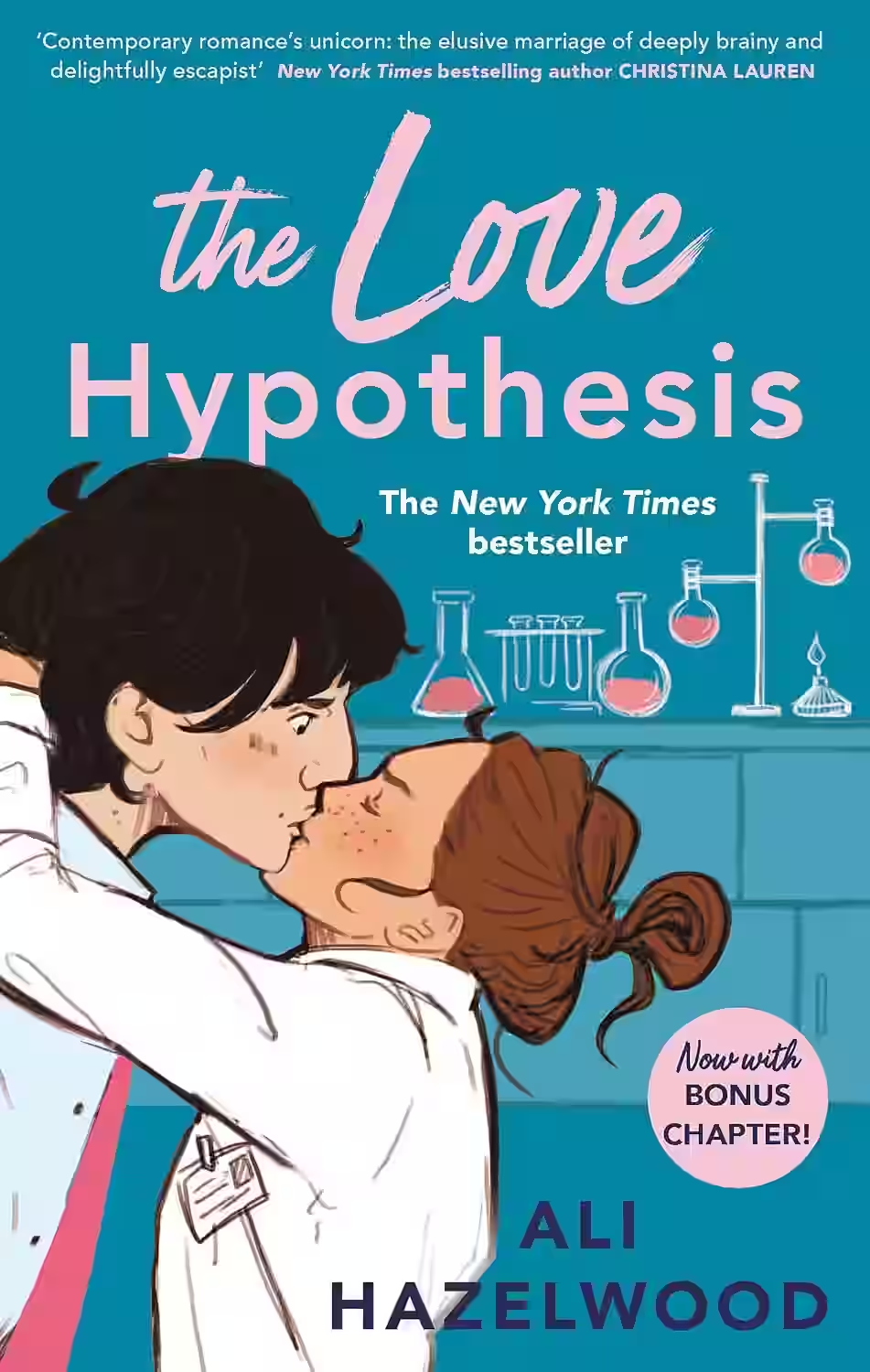
The Love Hypothesis
In 'The Love Hypothesis' by Ali Hazelwood, readers are swept into the world of Olive Smith, a determined and focused graduate student in physics who enlists the help of charismatic professor Adam Carlsen to fake a relationship. As Olive navigates the complexities of love and academia, she discovers that real feelings might be developing beneath the surface of their ruse. This book expertly combines humor, heart, and steamy romance, making it a delightful and captivating read. With well-developed characters and a compelling storyline, 'The Love Hypothesis' is a charming blend of love, science, and self-discovery that is sure to leave readers swooning.
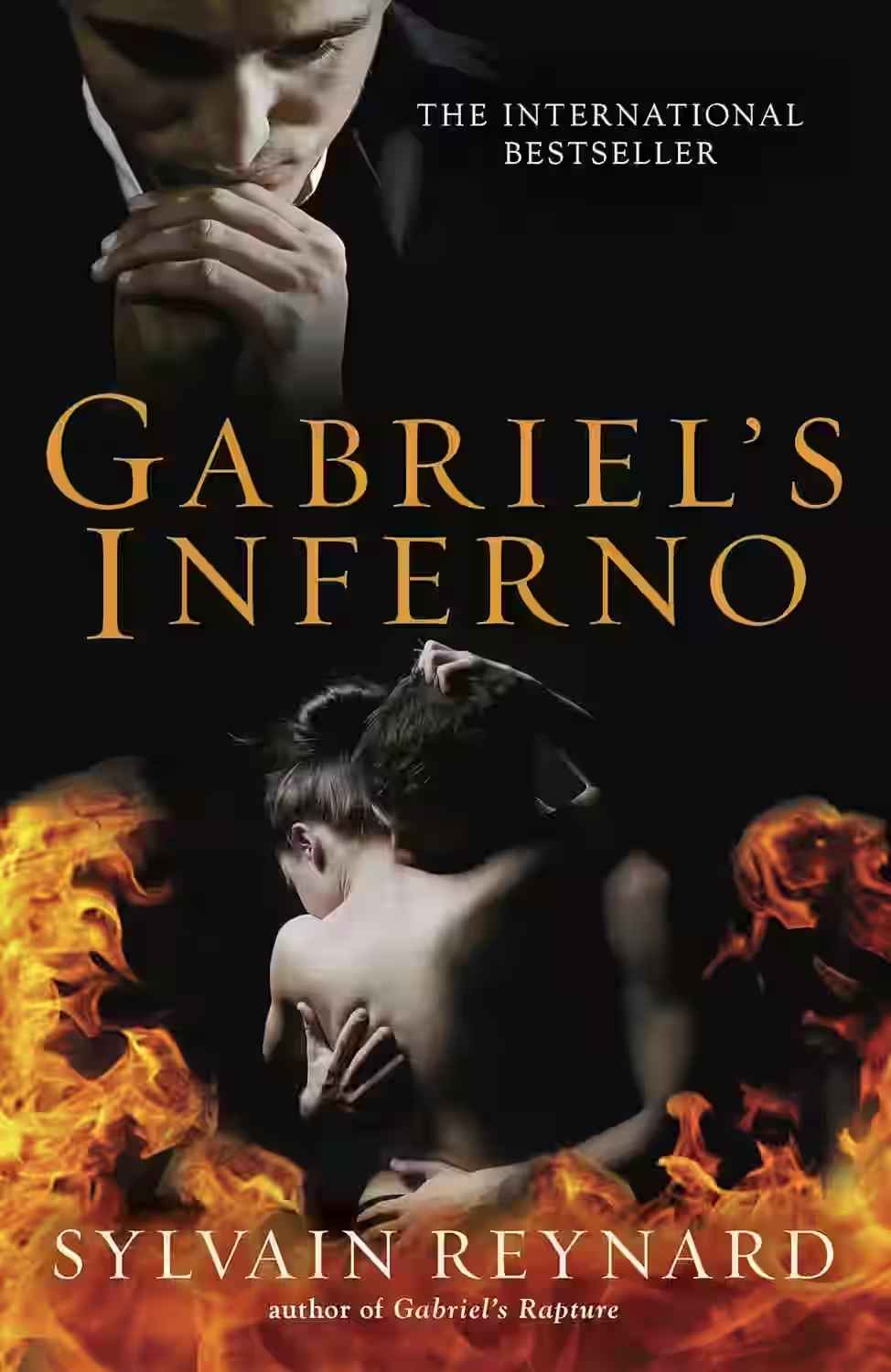
Gabriel's Inferno
Series: Gabriel's Inferno (#1)
Sylvain Reynard's 'Gabriel's Inferno' is a provocative exploration of forbidden love, redemption, and the transformative power of passion. The narrative follows the enigmatic Professor Gabriel Emerson, a Dante specialist consumed by his dark past, and his evolving relationship with his student, Julia Mitchell. Set against the backdrop of Italian art and literature, the novel deftly interweaves themes of guilt, forgiveness, and the pursuit of enlightenment. Reynard's lyrical prose and intricate character development provide an engaging study of romantic and personal growth. The book captivates readers with its blend of academic intrigue and emotional depth, making it both a compelling romance and a philosophical reflection on the nature of desire and salvation.